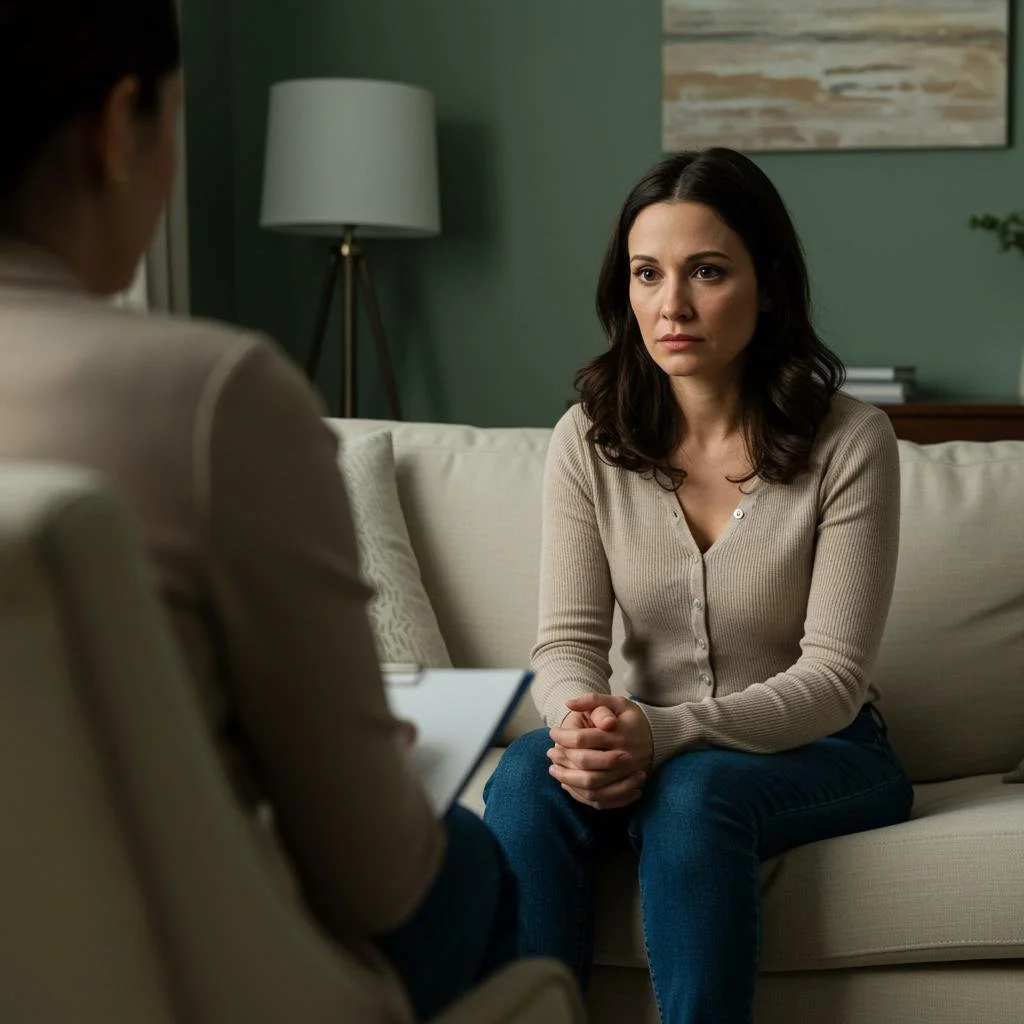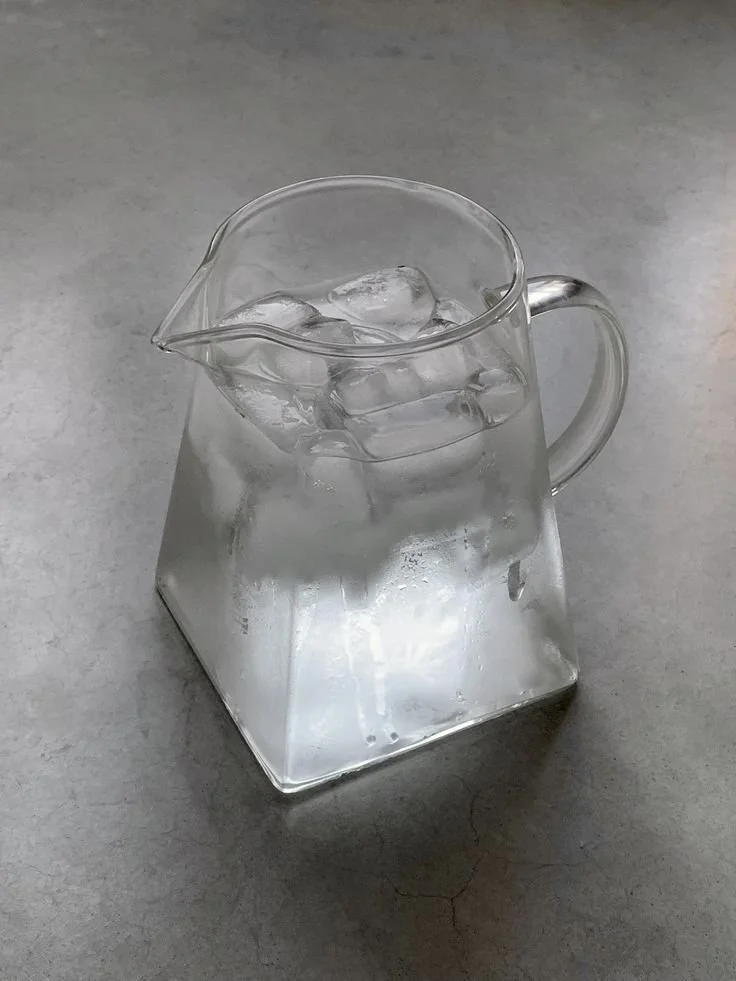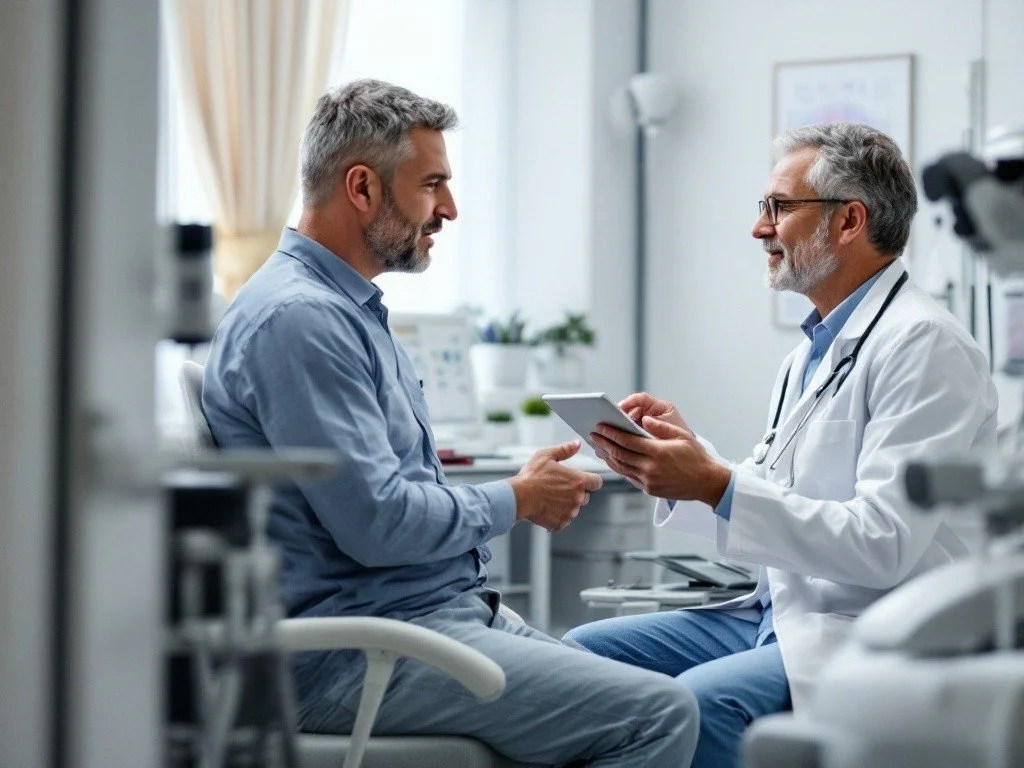7 Signs Of Endometriosis You Shouldn't Ignore
Endometriosis is more common than you might think, yet it often goes undiagnosed for years. If you’ve been experiencing symptoms that don’t quite add up, it might be worth considering whether endometriosis could be the culprit. While no blog can replace personalized medical advice, knowing the signs can help you decide when it’s time to consult a professional. In this article, let’s walk through the seven key signs you should be aware of.
No. 1
Painful Periods That Disrupt Your Life
Periods aren’t meant to be a walk in the park, but if yours come with unbearable pain that stops you in your tracks, it’s time to take notice. Endometriosis-related menstrual pain often feels more intense than regular cramps, radiating to your lower back or down your legs. This isn’t something you should just "push through." Chronic pain deserves attention, and seeing a specialist is crucial.
If you’re in Queensland, book an appointment with one of the available female doctors Brisbane has to offer. They’ll help you explore your symptoms and create a plan that works for you.
No. 2
Pain During or After Sex
Discomfort during intimacy isn’t a topic many like to discuss, but it’s one of the common signs of endometriosis. This pain is often deep and sharp, not just momentary. Endometrial tissue growing where it shouldn’t can cause inflammation and scarring, which leads to this type of discomfort.
If you’ve been brushing off this symptom, don’t. A medical professional can help uncover the cause and offer solutions to improve your quality of life.
No. 3
Chronic Pelvic Pain
Do you feel a constant, nagging pain in your pelvic area, even when it’s not that time of the month? Chronic pelvic pain is another potential indicator of endometriosis. This type of pain might be dull or sharp, and it can come and go or stick around all the time.
What makes it tricky is that it often overlaps with other conditions, such as irritable bowel syndrome (IBS). A detailed assessment with your doctor can help pinpoint the root cause.
Bio Optimizers
BiOptimizers specializes in premium supplements designed to enhance digestion, nutrient absorption, and overall well-being.
No. 4
Digestive Troubles That Mimic IBS
Speaking of IBS, many people with endometriosis experience digestive symptoms like bloating, diarrhea, constipation, or nausea. These issues tend to flare up around your period, making them more than just a random stomach upset.
While it’s easy to chalk these problems up to something you ate or general stress, the timing could be a clue. If you’ve noticed a pattern, jot it down and share it with your doctor.
No. 5
Fertility Struggles
Endometriosis is sometimes discovered when someone is struggling to conceive. The condition can impact fertility in several ways, including through scarring and inflammation. That said, plenty of people with endometriosis do go on to have children, sometimes naturally and sometimes with medical assistance. If you’re trying to conceive without success, consider asking your doctor whether endometriosis could be playing a role.
No. 6
Painful Bowel Movements or Urination
Pain when using the toilet isn’t just unpleasant—it’s also not normal. Endometrial tissue can attach itself to the bladder, bowel, or other organs in the pelvic region, leading to painful bowel movements or urination.
This symptom often intensifies during your period, which can be a significant clue. Whether this is a new issue or something you’ve dealt with for years, it’s worth bringing up at your next doctor’s appointment.
No. 7
Extreme Fatigue
Feeling tired isn’t unusual, but endometriosis-related fatigue is on another level. The constant inflammation and pain can drain your energy, leaving you exhausted even after a full night’s sleep.
Pair that with the potential for disrupted sleep due to pain, and it’s no wonder many people with endometriosis feel perpetually worn out. If this sounds like your daily reality, it’s another sign to take seriously.
What to Do if These Signs Sound Familiar
If you’ve nodded along to one or more of these signs, it’s time to take action. Start by keeping a symptom diary—track what you feel, when you feel it, and how severe it is. This can be incredibly helpful when discussing your concerns with a doctor.
It’s also important to know that getting a diagnosis for endometriosis can take time. Be patient with yourself and persistent in seeking answers.
Getting the Right Support
Endometriosis doesn’t just affect your body—it can also impact your mental health and overall well-being. Chronic pain, fatigue, and other symptoms can be isolating, so make sure to lean on your support system, whether that’s friends, family, or a healthcare provider.
Don’t hesitate to ask your doctor about pain management options, treatment plans, or even connecting with a specialist. Your health is worth prioritizing.
Takeaways: Living Beyond the Pain
While endometriosis is a chronic condition, it doesn’t have to define your life. With the right care, many people manage their symptoms effectively and go on to live full, vibrant lives.
The first step is recognizing that what you’re experiencing isn’t “normal” and seeking the help you deserve. Whether it’s through medication, surgery, or lifestyle adjustments, there are ways to reclaim your health and feel like yourself again.
Endometriosis awareness is growing, but there’s still work to be done. By learning about the signs and listening to your body, you’re already ahead of the game. Don’t ignore these symptoms—your health is too important to put off.
Looking for Wellness Resources?
Are you looking to enhance your wellness routine? Explore our wellness partners who offer a wide range of resources to support your journey toward holistic living and well-being.































